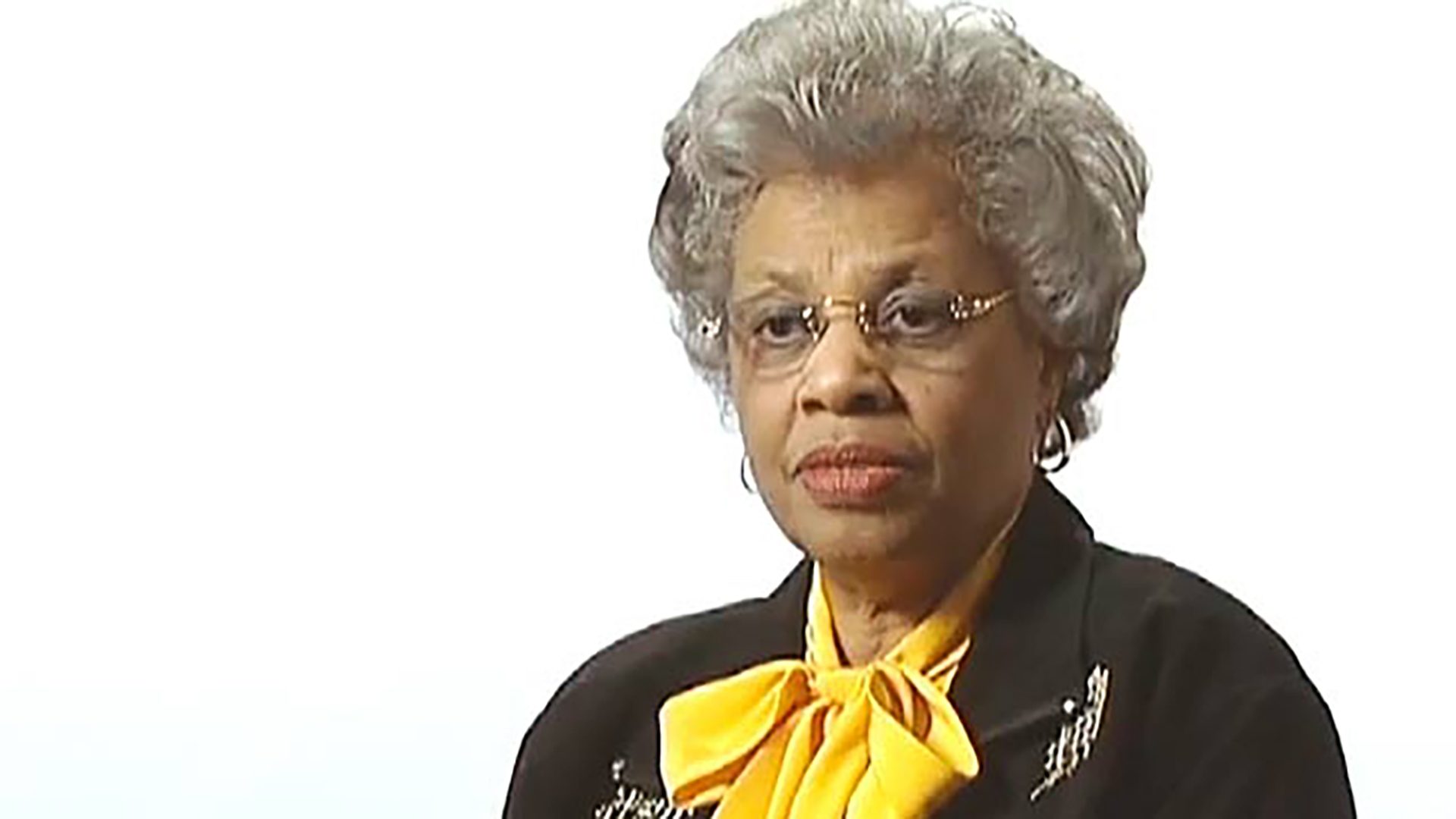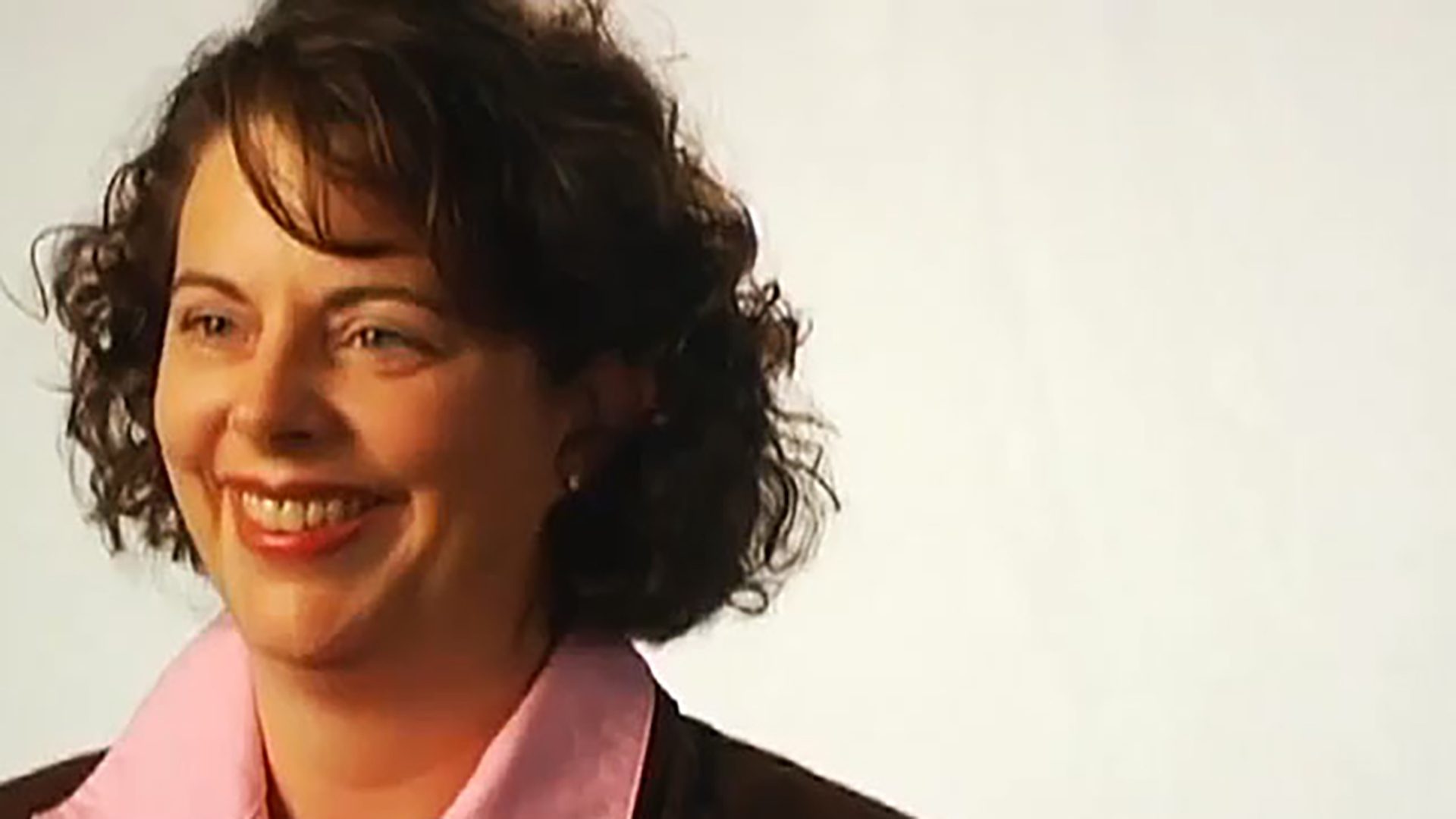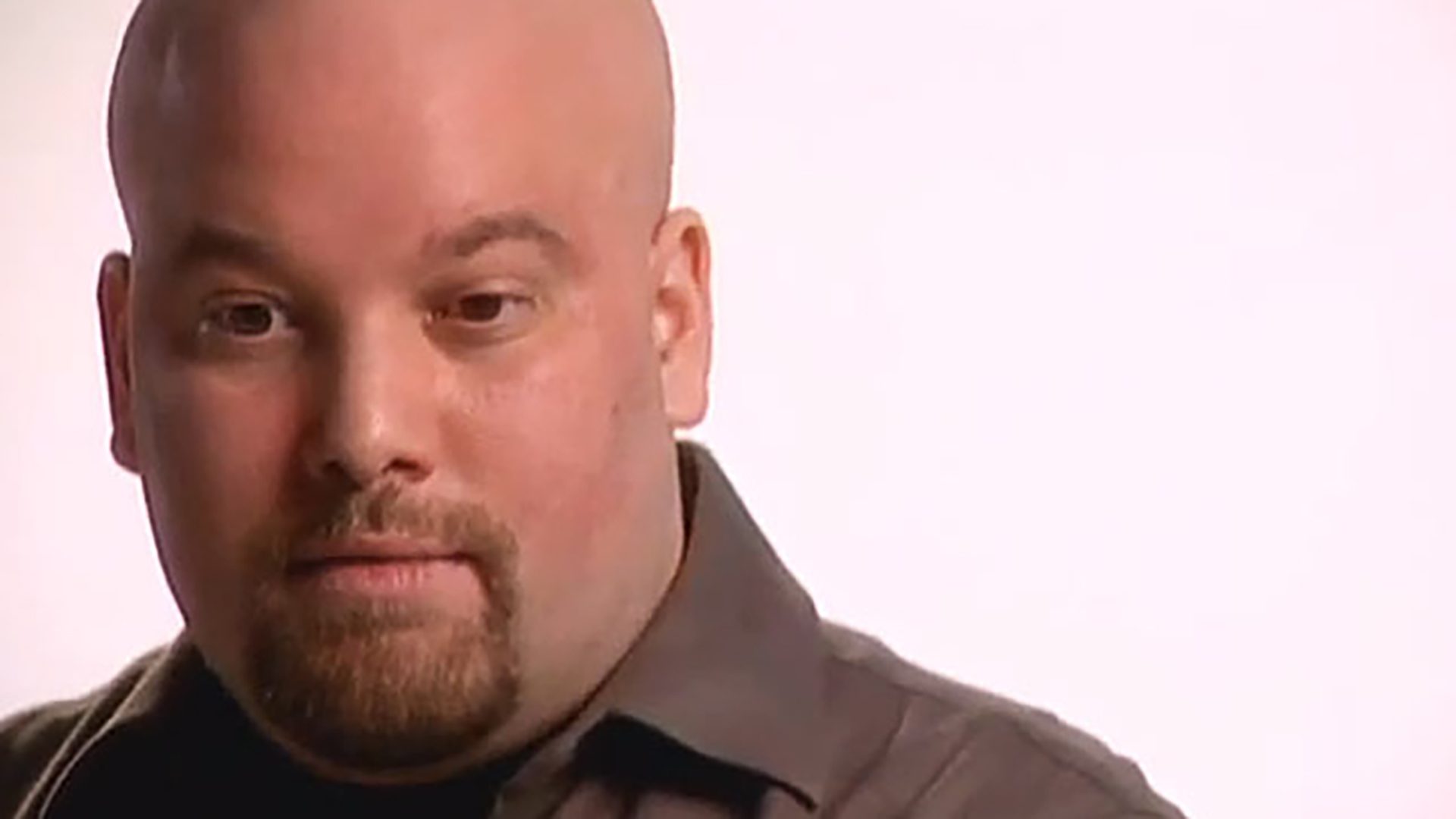Survivor Interview – Grace B
Grace is a colon cancer survivor. She discusses healthy behaviors, spirituality, and communicating with her health care team.

I became a cancer survivor on April 27, 1999. I had been ailing for about eight months. I was admitted on a Thursday morning and had testing all day Thursday, Friday, and Saturday. Sunday, the gastroenterologist came to my bedside and said, “I have good news for you. We haven’t found anything. We’re gonna let you go home when the business office opens tomorrow.” Now, I should have been excited about that, because nobody loves being in hospital. But I said to him, “You’ve looked at a part of my colon. I think you need to look at my entire colon.” I’m not a physician. I don’t know the anatomy sufficiently well to say it was my colon, my stomach, my liver, appendix, or whatever. Nonetheless, that was my reply. And he replied and mentioned two procedures. I said, “Which is most precise?” He said, “The colonoscopy.” I said, “That’s what I want.” I thank my God that I persisted. You know your body better than anyone else. If there is something going on in your body, don’t stop. Continue to pursue it. Don’t stop until there’s a plausible explanation for why or what.
I had chemotherapy from April until December of that year. I knew in December that would be my last treatment of chemotherapy. However, when I walked into the room for my last visit with the oncologist, she said to me, “You’re done.” Even though I knew it, I wasn’t ready. And I wondered, where do I go from here? What will happen to me from here? What should I do to live a more healthy life from this point on? The nurse told me, “Come back in six months and let’s see if your cancer has recurred.” I wasn’t happy with that statement. I would have preferred if it had been something like, “Come back in six months, and let’s see how your survivorship plan is working. Let’s see how you’re doing with your nutrition. Let’s see how you’re doing with physical activity. Let’s see how you’re doing with just lifestyle behavioral changes that might diminish your risk. And then while you’re here, we’ll do some lab work or we might do a scan or whatever is appropriate at that time.”
Initially, I didn’t know what to do. Everybody who spoke to me who had had a cancer experience themselves or their friends, their family, had some sort of advice to give. “Eat this. Take that. Drink this.” I chased after every bit of advice that was given to me. I did juicing. I went to the health food stores. I did it all. And I got sicker and sicker. I’ve stopped chasing after every bit of advice that well-meaning people have given. What one believes dictates how one behaves. If you believe you can load your children in a car and go to the fast-food place two or three times a week and be healthy, that’s what you’re gonna do. If you believe that you can eat more fruit, vegetables, do physical activity, and be healthy, that’s what you will do.
The chronic fatigue is very bothersome. I can recall on some instances where I might be walking around in a shopping mall and suddenly I’m overwhelmed with tiredness. I have to find a place immediately and sit and wait. There are times when I have a significant amount of pain various places. I am not saying the pain is related to the cancer, but the fatigue coupled with pain sometimes makes it very difficult to function. Pain is due to pressure on nerves in two places in my back. I have pressure on nerves in my foot. I have two locations in my back where there’s fusion of the disc, and I live with it, and I keep going. I have determined that the pain and the fatigue will not stop me from doing the things that I think and feel and want to do to carry on with a normal life.
It was during chemotherapy that a physician said to me, “Chemotherapy can affect the brain.” I didn’t pay any attention to that. I later was in one of my support groups and the psychologist said something on the same order, “Chemotherapy can affect the brain.” I still didn’t pay attention to that. I realize now there are times when there’s a memory lapse. I am not as sharp mentally as I was prior to this experience with chemotherapy. I’m not. I don’t let it bother me. We all from time to time misplace something, and you can’t find your keys and you go back and you find them. I spend a lot of time looking for things. And that’s a little bit of frustration.
I live alone. And there are some times when the aloneness in the day-to-day span of life causes me to reflect, how long will I be able to go out and lug the groceries in? How long will I be able to drive myself everywhere I need to go? How long will I be able to carry on as I do? And I’m having a wonderful life right now. But the question of having to do everything.
There were many, many times of going to labs, going to screens, going to scans, MRIs, and etcetera. Initially, I had a driver – someone from my church who would take me to appointments, drop me off, and when the appointment was over, I would call, and that person would come back to pick me up. That sort of the way I have lived my life. I can recall the most difficult time for me which was when I needed to have a bone scan. I was overwhelmed with having to do this by myself. I’m looking at people as they would come and as they would go. You could always tell who the patient was and who the caregiver was. But in almost every instance, I saw a patient with somebody. And while I sat there, I realized I was alone, and I wept. I cried. I cried. Then I went for my scan.
I realized that there are a lot of people among us who do not have health insurance, who are medically underserved, and I happened to be in a setting where that came to my attention. I realized somebody needed to do something about this situation. Had no idea at the moment the somebody would be me. I had a vision for an organization, which I have formed. It’s a non-profit organization that is designed to assist the population of people that I just described. And the name of it is Hope Through Grace. We have three goals. And one of the goals is education. We believe there’s a lot that can be done with regard to prevention of cancer. This is my reason for being. This is my life purpose today, to help people.
Dealing with health insurance companies is another story. Every month I received sheets and sheets of paper about bills. When they first started coming, they were unnerving to me. And I would call to find out, “Well, I have insurance. Why am I getting this?” And I’d get some explanation, “We’ll look into it.” And that went on for years. It can be an aggravating experience. It can be unnerving. Because you’re having now to deal with this, plus all the other things that you’re trying to deal with these bills. Medicare would say, “This is not a bill, but you may be responsible.” Next month, “This is not a bill, but you may be responsible.” I would try to get it clarified, the ones that were billed, and I got nowhere, except, “We’ll take care of it. We’ll look into it.” But they continued to come for years. I don’t receive them anymore.
What really turned the whole situation around is when I returned to my center, my anchor, my spiritual well-being. I knew that my faith in God would see me through this experience. And I never veered from that anchor. It turned a lot of things around for me. Some people have a need to ask God, why did you allow this to happen to me? That was not my question to God. My question was a very different question, “What, Lord, do You want me to do for You with this new challenge in my life?” That was my question to God. I got an immediate reply. He said, “I want you to go forth and serve My children who have been touched by cancer.” And with that, I had a mission and a purpose. I went to my church, established a cancer ministry, which still functions in my church. I did that for about a year-and-a-half. I then began to feel a sense of purpose. I began to feel a sense of mission. I have learned a lot, and I’m still learning a lot.
My name is Grace Butler. I’m a four-year colon cancer survivor, stage three.

